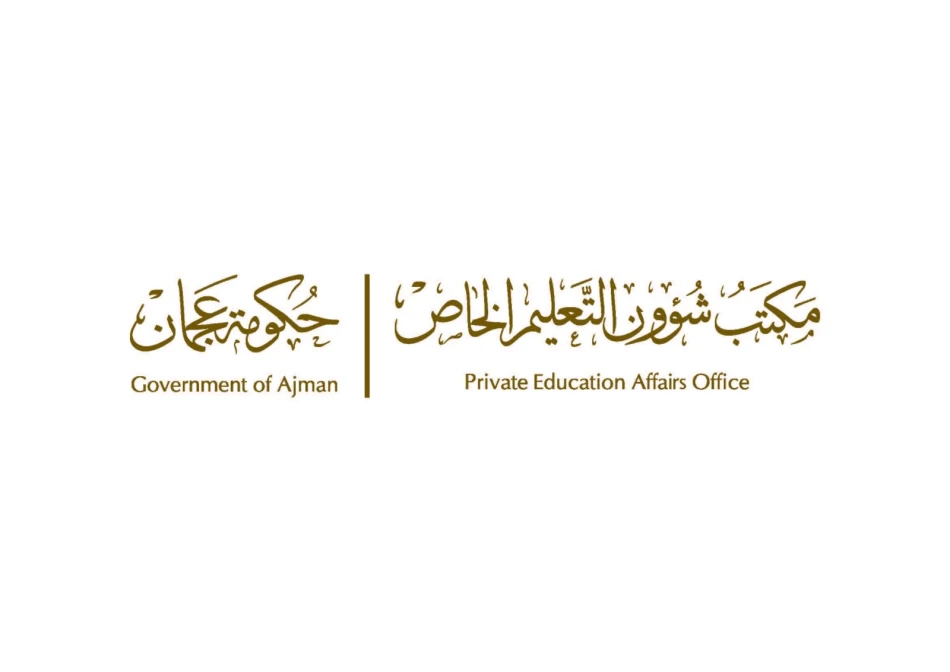
Ajman Private Schools Mandate Anti-Abuse Measures to Protect Students
Ajman Mandates Zero-Tolerance Student Protection Policies in Private Schools
The UAE's Ajman emirate has issued comprehensive regulations requiring all private schools to implement strict anti-abuse measures, marking a significant escalation in child protection enforcement across the region's education sector. The new Administrative Circular No. 06 for 2025 establishes mandatory reporting systems, trained protection officers, and severe penalties for non-compliance, reflecting growing regional emphasis on institutional accountability in student welfare.
Comprehensive Protection Framework Takes Effect
The Private Education Affairs Office in Ajman has mandated that all private schools establish robust internal systems to prevent and combat abuse in any form—physical, psychological, verbal, or electronic. The directive explicitly addresses neglect, discrimination, harassment, and bullying, requiring schools to create what officials describe as a "culture of protection" among students, staff, and parents.
Each institution must now appoint a trained and certified protection officer, establish confidential reporting channels, and conduct mandatory annual training programs for all personnel. The regulation also requires educational workshops for students and parents on child rights and protection mechanisms.
Enforcement Mechanisms Signal Serious Intent
The circular's enforcement provisions demonstrate Ajman's commitment to meaningful implementation rather than symbolic gestures. Schools failing to comply face legal and administrative accountability measures, including financial penalties, license suspension, and disciplinary action against violating employees. Serious cases may be referred to specialized authorities for further investigation.
Regional Context and Broader Implications
This initiative aligns with the UAE's National Policy for Child Protection in Educational Institutions, positioning Ajman alongside other emirates implementing stricter educational oversight. The move reflects broader regional trends where Gulf states are professionalizing their education sectors while addressing international concerns about institutional transparency.
Mahmoud Khalil Al Hashimi, Executive Director of the Private Education Affairs Office, emphasized that "protecting students in private schools represents a top priority," describing the circular as ensuring an educational environment "based on safety and trust."
Market Impact on Private Education Sector
The regulations will likely increase operational costs for private schools through mandatory training programs, specialized staff appointments, and compliance monitoring systems. However, institutions demonstrating robust protection frameworks may gain competitive advantages as parent awareness of child safety issues continues growing.
Schools with established international accreditations may find easier compliance paths, having already implemented similar safeguarding policies required by Western educational standards. This could accelerate consolidation toward larger, professionally-managed educational groups capable of meeting enhanced regulatory requirements.
Setting Regional Precedent
Ajman's comprehensive approach may influence similar regulations across other UAE emirates and neighboring Gulf states, where private education sectors serve significant expatriate populations. The emphasis on mandatory reporting systems and trained protection officers reflects international best practices increasingly expected by internationally-mobile families choosing regional educational options.
The initiative underscores the UAE's broader strategy of elevating institutional standards across sectors while maintaining its position as a preferred destination for international families and businesses seeking high-quality educational infrastructure.
Most Viewed News

 Sara Khaled
Sara Khaled






